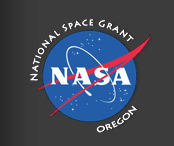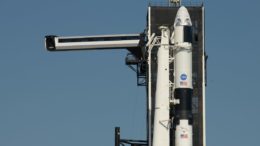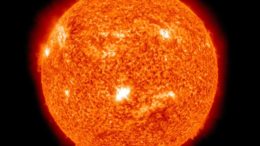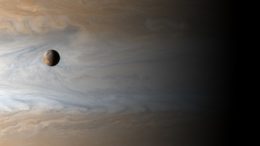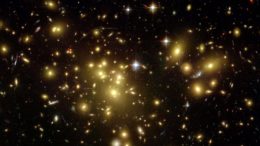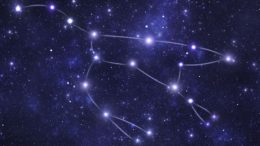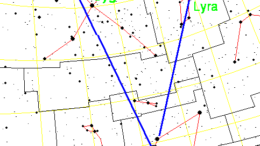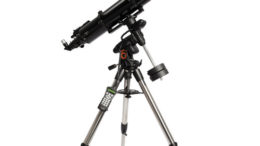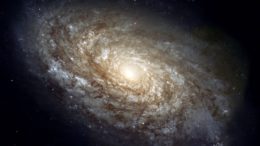NASA Space Grant Consortium In The PNW
In this article, we will provide a brief overview to the NASA Space Grant Consortium. The NASA Space-Grant Colleges are educational institutions in the United States that comprise a network of fifty-two consortia formed for the purpose of outer-space–related research Each consortium is…
